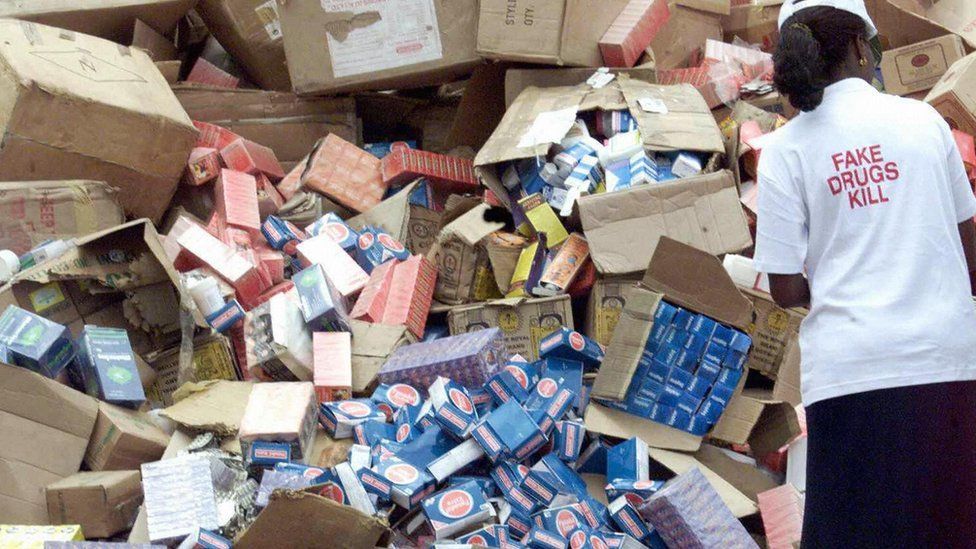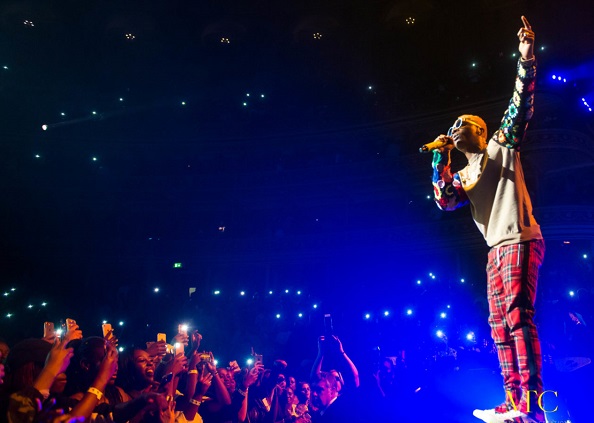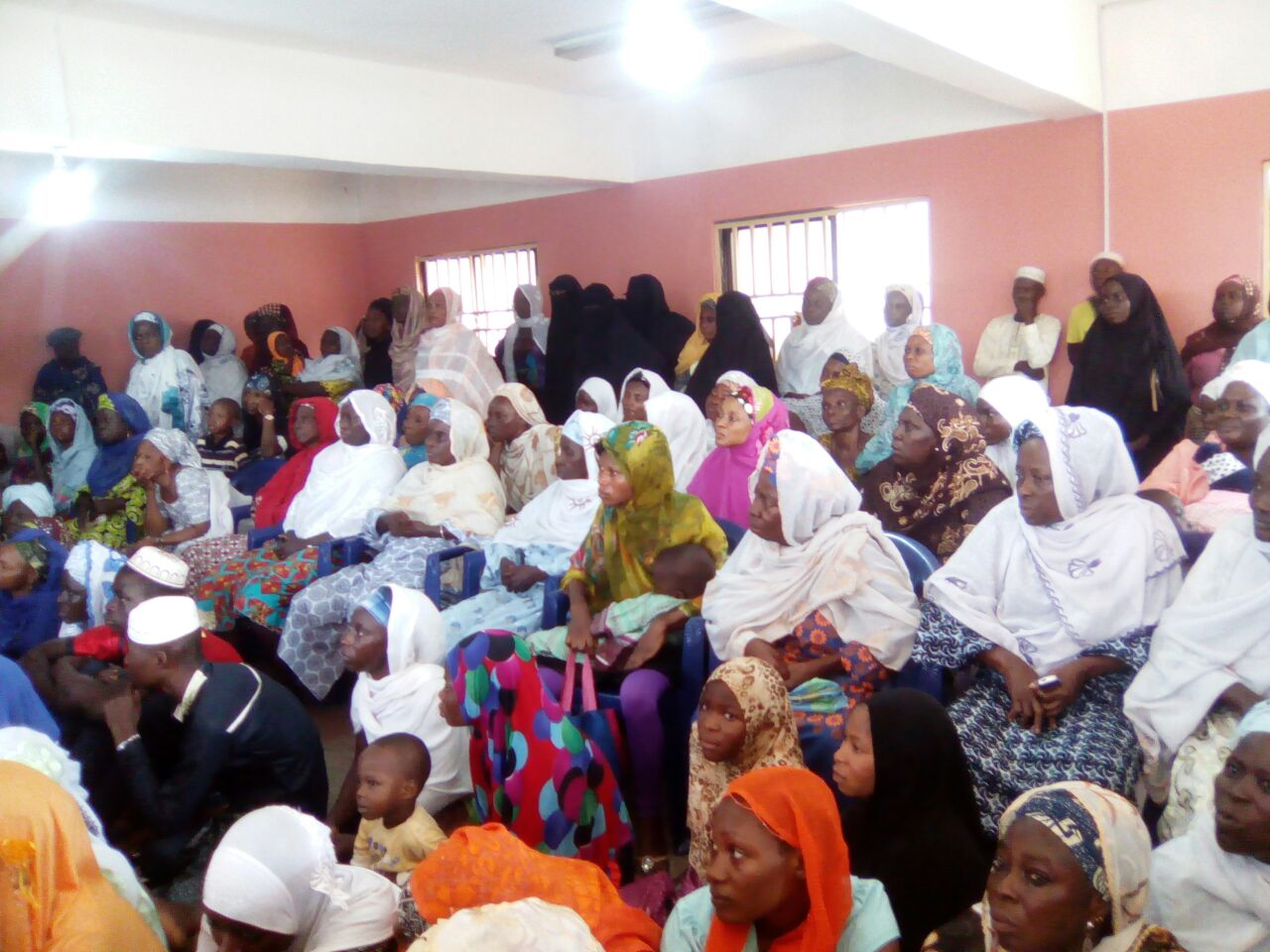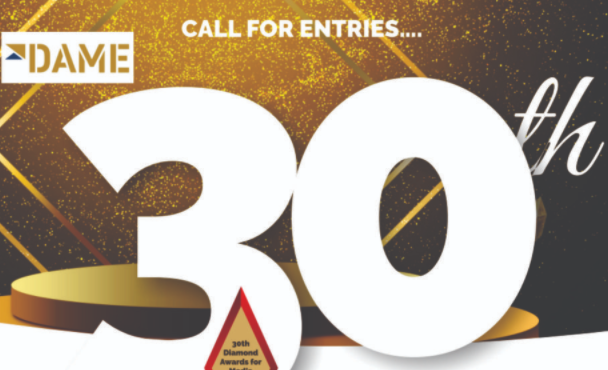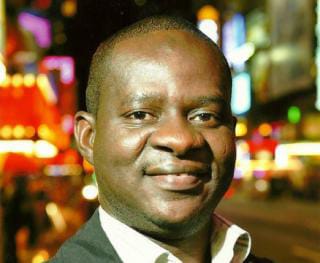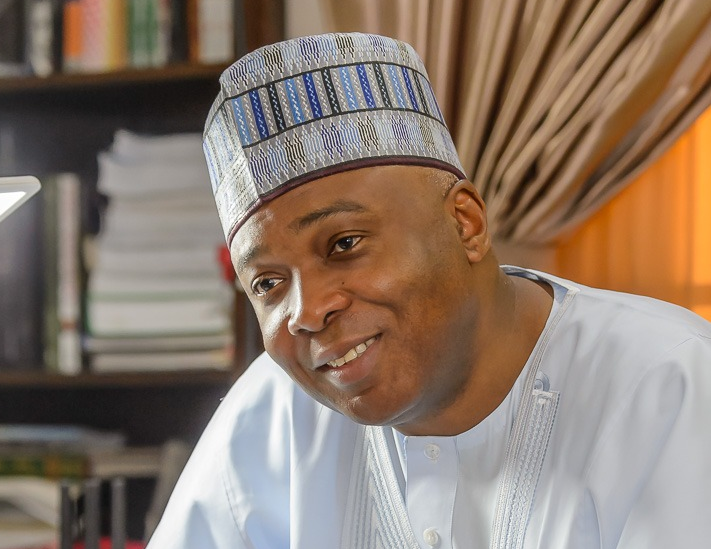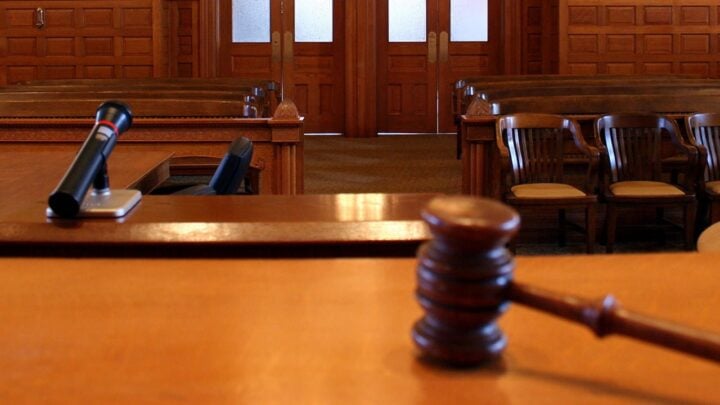BY IFEANYI OKONKWO AND WISDOM ABIALA
As of 2016, 80% of the products sold in Nigeria were counterfeits and as of today, it is quite doubtful that the percentage of counterfeit and illegal goods in circulation has decreased below 50%.
According to a report from Frontier Economics in 2017, which was based on an earlier report of 2016 prepared by OECD, it was estimated that the total international trade in counterfeit and pirated goods in 2022 will be worth 991 billion, which is almost double of the number reported in 2013 – 461 billion.
It is however not surprising that the amount of total counterfeiting globally as of 2019 exceeded the amount which was estimated for the year 2022. In 2019, according to the Global Counterfeiting & Trademark Infringement Report, the amount of total counterfeiting globally had reached 1.2 trillion U.S dollars.
Advertisement
In 2020, statistics revealed that the estimated losses due to counterfeiting of high-end consumer goods amounted to 98 billion USD including counterfeiting from offline and online mediums. This goes to show that registered brands have lost their market share of profits.
In light of this, stakeholders are calling for stiffer punishment and regulation against counterfeiting. On the other hand, some economists and scholars present arguments why counterfeiting especially for under-developed and developing countries may be a matter of survival.
This article will examine the rationale behind the protection of Intellectual property rights, particularly trademarks and whether there is indeed any justification for counterfeiting trademarks. This article will further examine the impact of counterfeiting on registered brands and on the Nigerian economy.
Advertisement
Lastly, this article will propose measures that can be taken to curb the spread of counterfeit goods thereby helping registered brands regain their market stability and positively impact the Nigerian economy.
Rationale behind the protection of trademarks
A trademark may be described as a mark that is used during trade or business to identify goods or services emanating from a particular provider and to distinguish them from those of others.
Thus, trademarks essentially help with brand identification and the protection of consumers from hazardous or substandard products and services. It helps consumers to differentiate the goods of one vendor from that of the other, especially in a world where consumers are presented with several products that serve the same or similar purpose.
Advertisement
Trademarks also perform what is known as the ‘guarantee function’. It helps companies/vendors with the association of a certain degree of quality to their brand name. The rationale for the protection of trademarks is basically the preservation of the proprietor’s right of exploitation to the exclusion of others (except he so permits them) and the protection of consumers from adulterated or counterfeit goods and services.
Sadly, there is a lot of trademark dilution all over the globe and the counterfeit situation in Nigeria cum Africa is alarming.
The bedlam of counterfeiting in Nigeria
Counterfeiting is a global problem. Many goods moving through international commerce are counterfeited.
Advertisement
Industry data shows that 5-7% of world trade, valued at about US$20 billion worth of products in the Information Technology (IT) sector, move through unauthorized channels annually. Various factors are responsible for counterfeiting but the principal motivations for counterfeiting are quick profits, low promotional investments and risks, the ease of production and low costs, opportunity, unsatisfied market demands, weak market links, the strategic location of their operational bases in terms of commerce, the difficulty of detection and proof, and the non-deterrent effect of or complete absence of laws.
The Nigerian market is filled with all sorts of low quality, counterfeit and illegal goods which are sometimes extremely similar or identical to the original goods. Counterfeit has made a lot of registered brands to lose their market share of profits. However, because of the ridiculously cheap prices at which they are sold, they are appealing to a set of Nigerian consumers who cannot afford to purchase the real deal and are not inclined to buy original goods despite several attempts made by regulatory agencies to curb counterfeiting in Nigeria.
Advertisement
A survey by Chekkit revealed that the commonly counterfeited product in Nigeria includes:
- Pharmaceuticals
- Packaged foods
- Automotive Parts
- Footwear
- Clothing
- Cosmetics
- Alcohol
- Leather Goods
- Optical Media
- Jewellery.
These are fast-moving consumer goods in Nigeria and brands in these areas of trade are worst for it. KM Waziri has lamented the rising rate of intellectual property piracy and counterfeiting in Nigeria and prophesied an impending economic and social conundrum.
Advertisement
He calls for effective anti-counterfeiting strategy to combat the menace of trade marks counterfeiting in Nigeria especially in ‘Red trading Zones’.
The National Agency for Food and Drug Administration and Control (NAFDAC) also published its Anti-counterfeiting strategies in Nigeria and recommended stiffer punishments against counterfeiting.
Advertisement
NAFDAC strategy against counterfeiting in Nigeria includes the upgrade of laboratories, support of local pharmaceutical sectors, training of NAFDAC staff, overseas GMP inspection, cutting edge technology TruScan, public enlightenment, international collaborations and WHO prequalification.
Although NAFDAC has been recorded to have seized millions of counterfeit products in Nigeria, the bedlam remains.
Ojo and Ojo after a rigorous research on counterfeiting in Nigeria, concluded that counterfeits are prevalence in South-eastern and South-western Nigeria.
Counterfeits vs trademarks: Any justification?
There have been arguments attempting to justify counterfeiting. Some argue that economies would suffer as a result of the high pricing on products and as a result of Intellectual property restrictions but for the existence of counterfeit goods.
This may be true, especially in developing countries where many public goods are underprovided and where a large part of the population might not be able to afford first-generation goods (original goods). Some have also attempted to justify counterfeit health products (i.e., drugs) on the ground that the right to life supersedes the right to any property that the inventor might own in the product.
However, this argument fails to consider that although the right to life supersedes the right to property, the sale and use of counterfeit and illegal health products put consumers at risk of using untested drugs, and this may in fact put the life they are seeking to protect in greater jeopardy.
In 2020 the World Health Association reported that 70% of all drugs present in Nigeria were second-generation goods (i.e., counterfeit good). This raise concerns not only for the economic activity in general, but also because there is often lack of awareness on the consumer’s part for the potential lethality of these products.
Thus, while these arguments may be partly acceptable since not all counterfeit goods are hazardous, and since counterfeit goods have helped people in developing countries to have access to what they would ordinarily not be able to afford, there are still loopholes in the arguments, however.
Justifying the existence and circulation of counterfeit goods on the grounds of affordability for the average person is a bit extreme. What then becomes of registered brands who are prevented from recouping their intellectual and economic investments by the acts of counterfeiting? Where is the balance?
Counterfeits have been argued to have the positive effect of inducing awareness for brands and this is especially so for fashion products and for brands that were less known at the time of infringement.
Thus, on one part, an arguable justification for counterfeit trademarks may be the inducement of awareness for brands. However, it is common knowledge that there are one million and one ways through which awareness can be created for a brand.
Counterfeit in our opinion is not one of them because while it may indeed induce awareness, we cannot rule out its negative substitution effect on authentic products and the reduction of sales/profits which outweighs the awareness that counterfeit goods purportedly creates.
Of what good is the awareness to a proprietor, if the proprietor is running on loss of customers and profits? There have also been observations about consumer attitudes toward counterfeiting to the effect that a high degree of income inequality seems to cause a greater demand for fake goods. However, in our opinion counterfeiting of trademarks is borne out of the pure greed of counterfeiters who would rather side-line the option of thinking of a legit business model and registering their trademark.
Consumers who knowingly purchase fake goods are also not left out because, some of these counterfeit goods they purchase are not necessities. These counterfeit goods are most times what the consumer can survive without.
Additionally, there are less expensive, original, indigenous goods that such consumer can easily purchase at the same, slightly higher, or even lower price instead of buying counterfeit goods.
Bloch, et al, while examining the consumer’s role as an “accomplice” in the proliferation of product counterfeiting, presented results from a field experiment showing that a surprisingly large proportion of adult consumers will select a counterfeit garment over the genuine good when there is a price advantage.
Also, according to a lab experiment conducted by Wilcox, et al, it was discovered that products with branded logos were more likely to be valued for their ability to help consumers gain social approval and status. In turn, these characteristics makes consumers more willing to buy products from counterfeiters who use such logos or advertising campaigns. It would seem the counterfeiters are more relatable to the preference and buying behaviour of consumers, than the original proprietors.
Thus, while the justification for counterfeiting patents may be considering the importance of the right to life, there is no real justification for the counterfeiting of trademarks. The counterfeits of patentable drugs, provided it does not kill or cause harm, is a different argument in court as the superiority of intellectual property right and the fundamental human right to life. For trademarks, the question is simple – you have created a product, counterfeit or not, why not wear the mask of your brand? Why should you pass-off another’s goodwill? The answer is simple – greed.
Adverse effect of trademark counterfeiting in Nigeria and why sterner measures may be necessary
It is very hard to obtain current and accurate statistics on counterfeiting, mainly because it is a clandestine activity, but it is not debatable that counterfeiting has become prevalent in Nigeria.
These are some of the effects of trademark counterfeit on the economy of Nigeria:
- It prevents the industrial development of local industries
For Instance, in west Africa, Nigerian wax-resist textiles are found in almost every marketplace in sub-Saharan Africa. The textile industry faces a huge problem because the market is saturated with cheap and fake products which in turn stalls the growth of indigenous textile manufacturers. In West Africa, it is estimated that smuggled textiles that counterfeit West African textile trademarks have taken over 85 percent of the market. The situation is out of control and is a serious threat to the beleaguered textile industry.
- It directly affects the rights of the holders of such marks
Industries world-wide lose billions of dollars every year to counterfeiters. Industries in Nigeria also accounts for the huge losses because of direct competition with counterfeiters thus resulting in a direct loss in sales. In addition, consumers who are deceived into believing that they bought a genuine article when it was in fact a fake, blame the manufacturer of the genuine product when it fails, creating a loss of goodwill. Apart from direct losses of sales and goodwill, the expenditure involved in protecting and enforcing intellectual property rights also comes to mind. The right owner becomes involved in costly investigations and litigation when combating counterfeiters and may also have to spend further sums on product protection.
- It prevents foreign investments
The major cost to those developing countries like Nigeria in which counterfeiting occur is the loss of access to foreign investment because of concerns by investors that intellectual property which is produced as the result of the relevant investment will be stolen by others.
- It will lead to the adoption of mediocre products and services and kill innovation in Nigeria
One of the major problems original manufacturers of original products face is that they cannot comfortably announce to consumers that a fake of their product exists in the market, for fear that consumers may avoid their products altogether. On the other hand, anticounterfeiting agencies may require the support and announcement from the original manufacturers to flush out such fakes in the market. This is a problem. The repercussion is that consumers will continue to adopt and use both fakes and originals. Soon the original will be flushed out of the market due to pricing and engagement. The incentive for manufacturers to innovate and produce will die and the economy will be worst for it since there will be no fake in the absence of originals to model on.
Recommendation on the way forward
Despite several laws enumerated by Agaba, that prohibits counterfeiting in Nigeria, anticounterfeiting has proved to be a challenge. The need for the judiciary to visit the locus in quo cannot be overemphasised. This is particularly so because, the judiciary needs to see how prevalent counterfeiting has become in Nigeria and how it has affected trademarks, brands in general and their IP rights, leading to fatal economic loss for companies and businesses. (Some of which are now struggling) and even for the Nigerian government (in terms of the lost potential tax revenue).
Recently, the director of the National Agency for Food and Drug Administration and Control, upon confiscating counterfeit products worth over N5 billion in 5 months, stated that maximum penalty ought to be awarded against those who engage in the making and the sale of counterfeit products.
We are of the opinion that this indeed might be one of the ways forward after a 6month national orientation campaign.
Save for the Counterfeit and Fake Drugs and Unwholesome processed foods (Miscellaneous Provisions) Act (which prohibits the sale and distribution of counterfeit, adulterated, banned or fake, substandard, or expired drug or unwholesome processed food; and the sale, of drugs or poisons in certain premises or places), there is no other specific legal framework that affords protection against counterfeiting in Nigeria.
Thus, aggrieved registered brands get to rely only on general legislations and intellectual property laws in seeking reliefs. By section 3 of the Act cited above, the punishment prescribed for doing any of the above-mentioned acts is a fine not exceeding the sum of N500,000.00 or imprisonment for a minimum term of five years and a maximum term of fifteen years, or both fine and imprisonment.
It should be noted that the above law has been amended by the Counterfeit and Fake Drugs and Unwholesome Processed Foods (Miscellaneous Provisions) (Amendment) Act 2015 and the punishment prescribed for violating the provisions of the law is now imprisonment for life.
The Amendment Act also provides for the forfeiture of such drug, poison, and unwholesome processed food products the Federal Government and such confiscated items are to be destroyed by NAFDAC.
The Act further provides that in addition to other punishments prescribed under the Act, a person convicted under the Act for any offence created under the Act would forfeit all the assets, money in bank and properties which may have been acquired with the proceeds of the crime to the Federal Government.
A Victims’ Compensation Fund is to be created under The Act; a percentage of the money forfeited to the Federal Government by a person convicted under the Act shall be paid into the Victims’ Compensation Fund and victims of crimes under the Act shall be compensated from the Fund.
There is a need for unreserved enforcement of the provisions of this law to serve as a deterrent to those who specialise in the greedy art of counterfeiting. There is also a need for the enactment of a law against counterfeiting in the broader sense of the word as the available law in Nigeria applies mostly to the pharmaceutical industry.
This law should consider the penalties prescribed by the Counterfeit and Fake Drugs and Unwholesome Processed Foods (Miscellaneous Provisions) (Amendment) Act in creating a framework that protects victims of counterfeiting while also discouraging involvement in counterfeiting.
Ifeanyi Okonkwo and Wisdom Abiala are associates at Jackson, Etti & Edu Intellectual property
Views expressed by contributors are strictly personal and not of TheCable.
Add a comment
